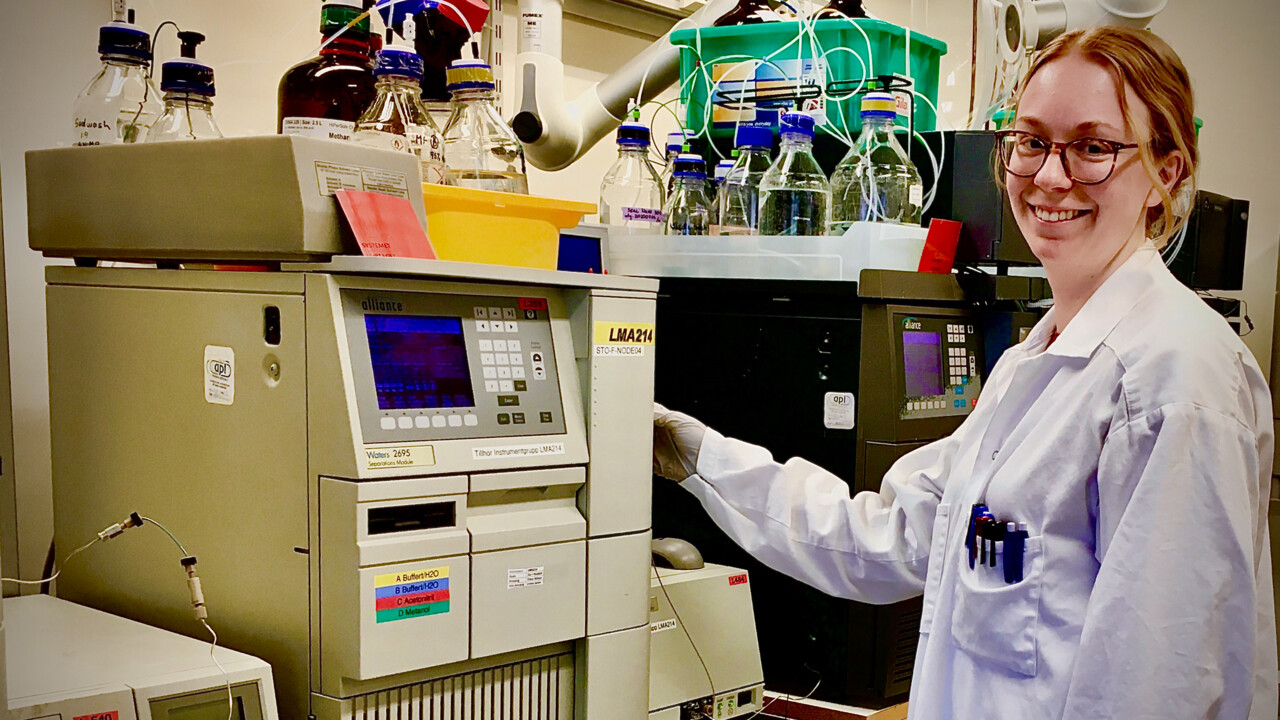ABOUT Elin Berg
Age: 25 years.
From: Luleå.
Lives: in an apartment in Sundbyberg.
Education: Bachelor's programme in Life Science at Umeå University, graduated in 2017.
Job: analytical chemist at Pharmacy Production and Laboratories, APL, in Stockholm.
Hobbies: working out, skiing, hanging out with friends.
Umeå with 3 words: Close to nature. Nice people. Student city.
Myself with 3 words: Happy. Driven. Active.
In ten years: I may have moved a little north, have a family and some kind of job in chemistry.


